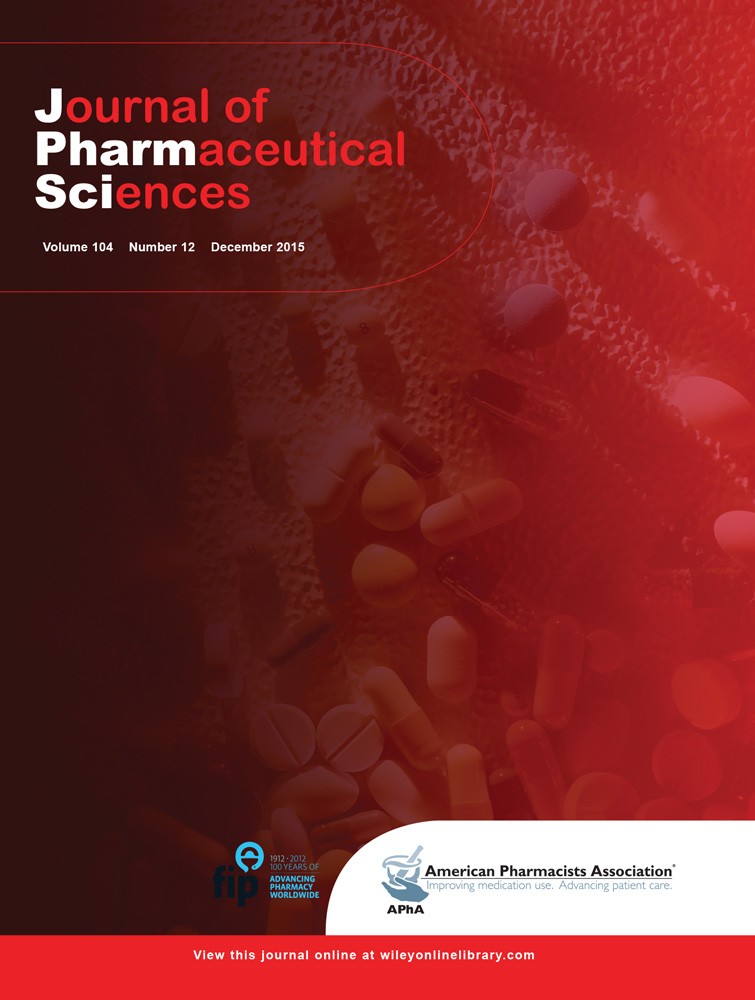Influence of crystal structure on the tableting properties of n-alkyl 4-hydroxybenzoate esters (parabens)
Abstract
Certain crystallographic features, such as the existence of slip planes, can greatly facilitate the ability of crystals to deform plastically. An investigation of the relationship between the slip planes and the tableting performance of the crystals of methyl, ethyl, n-propyl, and n-butyl 4-hydroxybenzoate (parabens) was conducted. The absence of slip planes in methyl paraben crystal structure results in significantly poorer tableting performance than the other three parabens. While slip planes are present in the crystal structures of ethyl, propyl, and butyl parabens, they exhibited different plasticity as confirmed by crystal free volume analysis, crystal nano-indentation hardness, and Heckel analysis. Sieved fraction, 150–250 µm, of each paraben powder was compressed into tablets under different conditions. Tablet tensile strength, porosity, and Indices of tableting performance (ITP) were obtained. Under the same compaction pressure, tablet tensile strength was higher for crystals with higher plasticity. Tableting performance, assessed using the ITP, also improved with increasing crystal plasticity. The results confirm that high levels of plasticity, which can result from the presence of slip planes in crystal lattice, plays a critical role in the formation of strong and intact tablets by means of powder compaction. © 2007 Wiley-Liss, Inc. and the American Pharmacists Association J Pharm Sci 96: 3324–3333, 2007




